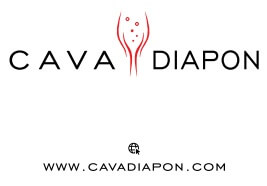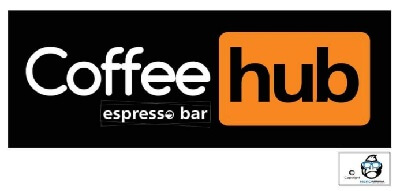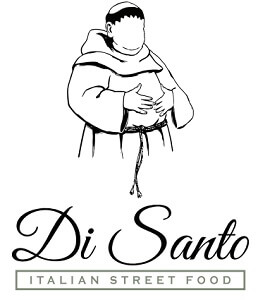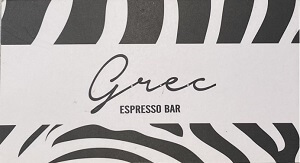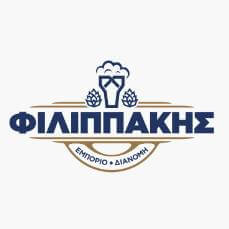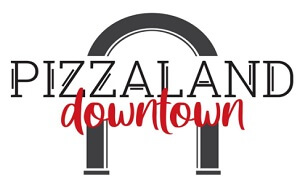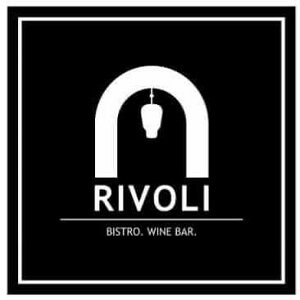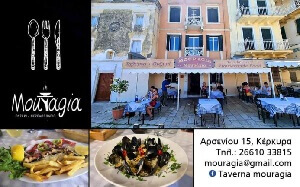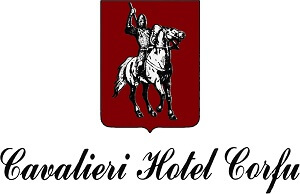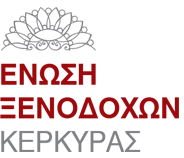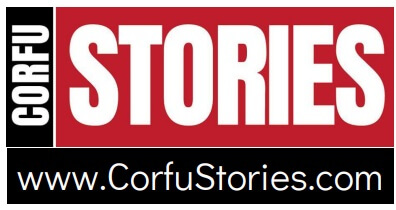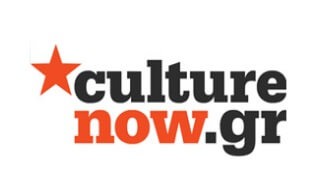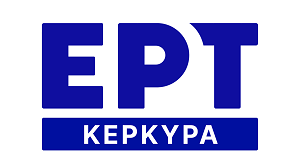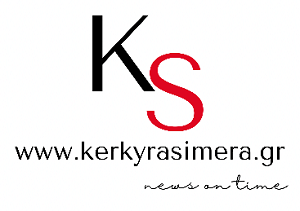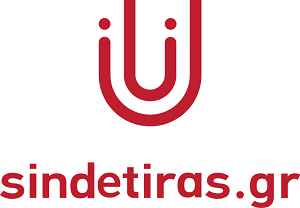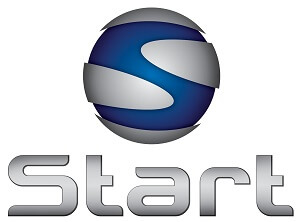A sociable smart city is a city empowering and engaging people in activities where urban social interactions thrive and can support various smart tourism applications that aim to enable visitors to exchange and share personal experiences. The purpose of this paper is to research how a mobile crowdsensing application for smart tourism can advance social interactions and engage people in new experiences. We present Mapography, which invites both locals and tourists to share hidden local spots and tourist locations. Both the architecture of our MSC application as well as the user experience are described. In order to assess our hypothesis and study the acceptance and concerns of users about our proposed application, a survey was conducted using a questionnaire.
Our research focus on the definition of a sociable smart city: “a sociable smart city is one rich in infrastructure, which combines and exploits both people and artificial intelligence, empowering and engaging people in activities where urban social interactions thrive aiming to advance the quality of life and culture”. Regarding tourism as a social, cultural and economic phenomenon we also focus on the definition of smart tourism: “smart tourism is defined as tourism supported by integrated efforts at a destination to collect and aggregate/harness data derived from physical infrastructure, social connections, government/organizational sources and human bodies/minds in combination with the use of advanced technologies to transform that data into on-site experiences and business value-propositions with a clear focus on efficiency, sustainability and experience enrichment”.
We believe that the intersection of sociable smart cities and smart tourism can be benefit of the exploitation of Mobile Crowdsensing (MSC) innovative applications, regarding that MCS is a data sharing and information extraction process, based on the collaboration of individuals with sensing and computing devices, to measure and enumerate mutual interest phenomena. This paper presents research that has been conducted on how a Mobile Crowdsensing application, Mapograpfy, can empower and engage local people in social interactions via data sharing for hidden local spots in a smart city and how such an application can invite tourists to participate in a process of sharing interesting locations supporting both the concept of smart destination and smart tourism experience.
Our application, Mapography is intended for use by mobile devices and can be used by anyone that has interest on finding or exploring new tourist locations. It is a mobile crowdsensing tool that allows the users to post images and description of a tourist location with his community. The users can also search locations in order to find the posts created by others. The way the data is extracted by the user is based only on his geographical location. However, the location is not necessary for the application to work. An application like Mapography could help several cities to emerge as smart destinations and several people to find or discover new destinations via smart tourism experiences.
Following we will present the design methodology of Mapography, our application, as well as its conceptual architecture. For the development of the front-end, we used the React Native, a framework for creating cross-platform applications, and for the back-end system we used the AWS Amplify. The user experience with Mapography is described via the various functionalities Mapography provides to users. The main innovation of Mapography is the combination of the user’s knowledge about a location with the photos that are taken from that location. All the information and data that are provided by the application come from the users. A user that interacts with Mapography is able to learn and discover new things and locations.
In order to assess our hypothesis and study the acceptance and concerns of users about our proposed application, Mapography, a survey was conducted using a questionnaire. Although, users are not familiar with the mobile crowdsensing and concerned for their personal data and privacy, the vast majority reported that Mapography is going to be a very helpful application and 9 out of 10 would use it during their holidays as well to highlight non-common areas in their home-city.
The main conclusion of our research is that definitely a MSC application like Mapography can embrace the vision of the Sociable Smart City as well as to support smart tourism both on smart destination and smart tourism experience aspect. Some challenges that we will face in our future work include: a) recruitment of users, taking into consideration both privacy restrictions and rewarding users to encourage participation and b) dealing with “the curse of sensing”, the tendency to collect too sparse data for certain locations and too dense for other locations.
Back
SPONSORS
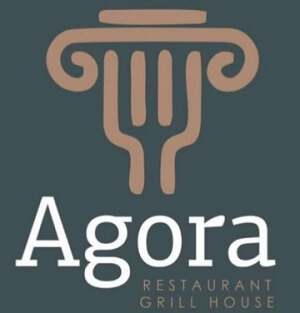 Agora Restaurant Grill House
Agora Restaurant Grill House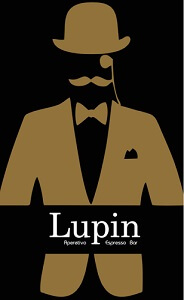 Lupin Aperitivo Espresso Bar
Lupin Aperitivo Espresso Bar


